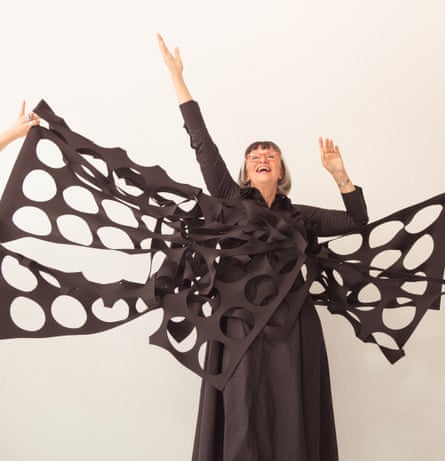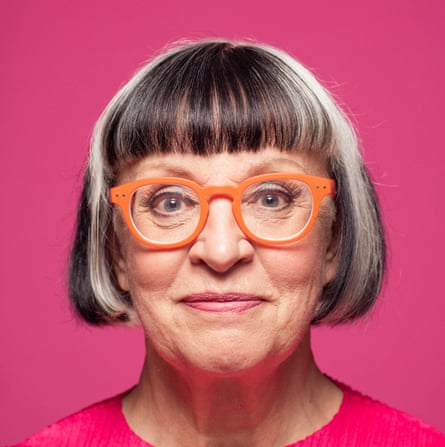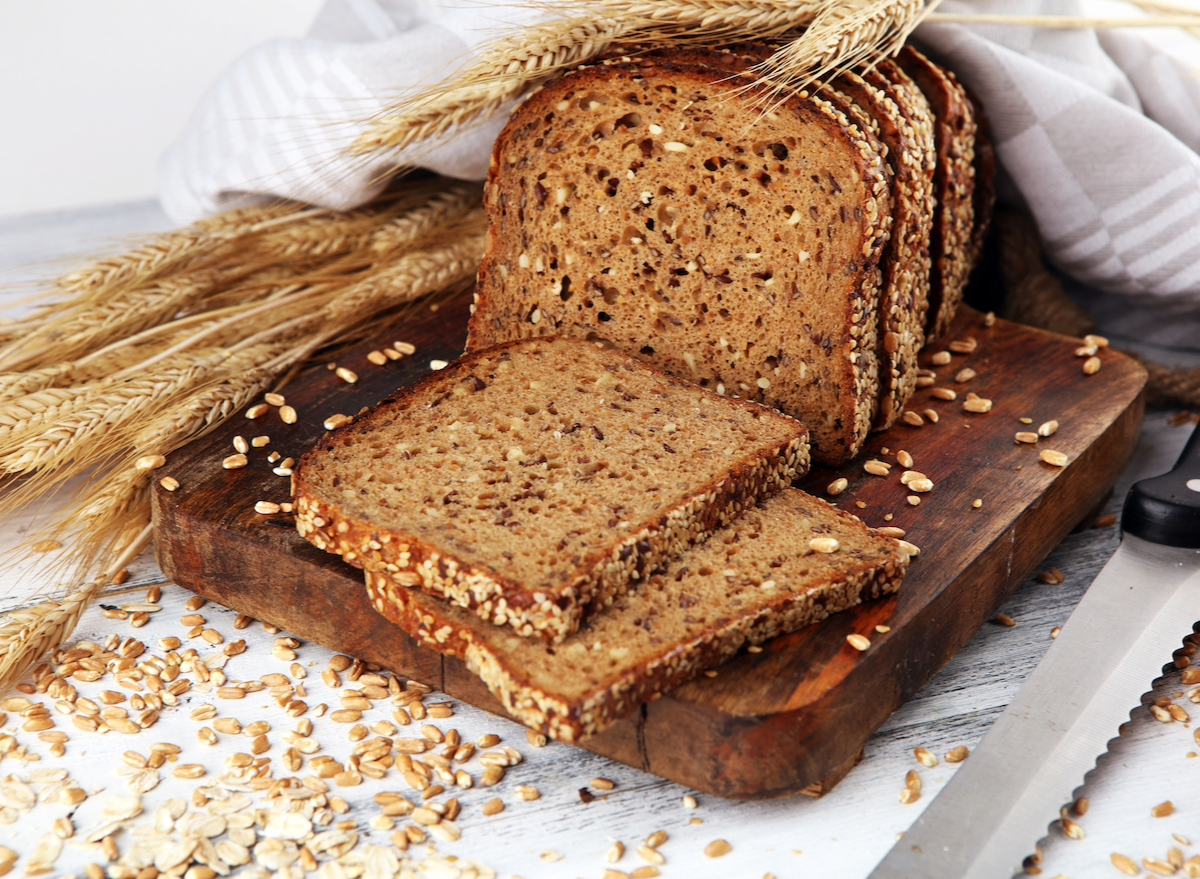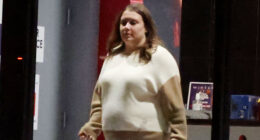Thanks to my column in this magazine, I get a lot of questions from members of the public and, while they are all about different subjects, I have noticed that many of them are about the same thing – a lack of fulfilment in life and how to find it. And, although each letter is very personal and specific, I think that, from such very specific questions, I can pan out and find in the answer certain universal principals that may be relevant to all of us who are searching for fulfilment. These, then, are the principals of finding fulfilment that I have gleaned from the past two years as the Observer’s agony aunt. The following is an excerpt from my new book, The Book You Want Everyone You Love to Read.
Often we make decisions in life based on two main things: how things feel on the inside and, in contrast, how things look to ourselves and others on the outside. I call it internal and external referencing. Sometimes these two drivers can be at odds with each other. To find fulfilment, you need to internally reference how you feel more than you need to externally reference how things merely appear – even if they look worthy.
I received a letter from a teacher who struggled with reconciling the two.
Why do we define people by what they do? I’m wondering whether this is limiting my life. Whenever we meet someone, the small talk inevitably turns to, “And what do you do?” For now, I am ready for that question. I am a teacher. Although there is satisfaction from the work, there is also the mental load of overseeing not only the education of pupils but increasingly their welfare and I struggle to juggle responsibilities of family and work.
I regularly think about packing it in for something that does not take up so much headspace. Being a teacher is how I have defined myself for 20 years. How could I square it with myself, if I had to describe myself with a non-professional job? I can’t imagine saying, “I stack shelves” or “I work in doggy daycare.”
When I try to discuss it with my dad, he says he would be “disappointed because I like telling people you are a teacher”. I have asked my own children about what they would like to do when they are grown-up and maybe I’ve unintentionally shown more approval when they lean towards something professional, but I now realise that all I want is for them to be happy. So, how do I find the courage to just be me, without a label? And how do I instil this in my daughters?
Many of us work hard at being seen to be doing the right thing – doing things for our CV rather than for satisfaction in the present. If we are in the position where we can choose what sort of work we are going to do, it is important that we like how we feel when we involve ourselves in the work. That, I think, is more significant than merely liking the idea of the work. It should be satisfying not merely because it looks good to you and others, but because it feels good, too.
I would advise anyone who relates to this teacher’s letter to learn to internally reference more, which means working out how things feel to you, and do less external referencing, which is how things look to others. I’m not saying all external referencing is bad. It can go too far the other way, too: if we don’t care at all about how we come across to other people and only please ourselves, we may become incapable of the necessary adaptations that we need for the cultures we find ourselves in and then have difficulty being accepted.

However, generally speaking, our decisions need to be based less on how they appear and more on how they feel. This might sound like common sense, but I’m spelling it out – the more we put this stuff into words, the easier it is to handle. The symbols of status we hang on to are not universally acknowledged. It means little to anyone outside the legal world if you are a district judge, a high court judge or an appeal judge because most people just hear “judge”. Few would think less of anyone for having one job title or contract over another, nor are you less worthy if you are between contracts. Such distinctions don’t seem important to people outside those worlds. I see it play out in relationships as well as careers, with people remaining in unhappy couples because if things looked OK on the outside, then it would do.
I remember receiving a letter from a young woman despairing that her boyfriend had broken up with her, yet in the same letter she described their relationship as distant and judgmental, and their sex life as having “always been bad”. However, her family would regularly comment on “how happy they seemed”.
Why is this enough? I don’t think it should be. In general, women are told that fulfilment lies in a husband and children, and that true happiness is not found in other quarters. I think many of us have this idea, held unconsciously, that this is what happiness is. I don’t blame any woman for assimilating the dream girls are sold – that, one day, their prince will come and carry them off to a magical castle. But such an idea is only an introject (an introject is when we unconsciously adopt a cultural attitude or an attitude that comes from other people, and think that it is our own). To climb out of this and find fulfilment, we need to unpack everything that’s been implied or told to us about what happiness should look like. Then only put back what is true for us as individuals.
The great thing is that this is an exciting journey of uncertainty and curiosity. We might be surprised by what we discover. I think about this with regards to a letter I received from a trainee doctor.
READ RELATED: Shirley Ballas says she would do Dancing With The Stars if given the chance
I like studying medicine, because I want to help people, touch their lives and make a change. I believe that being a doctor gives you lots of opportunities to be a useful member of society. Medicine is at the top of my list of things I find important in life, because it’s going to be my profession. It is a big deal as you affect people’s lives in a big way. But I feel a distance coming between me and medicine, which I don’t understand as I find it so important. I feel like I can easily mess up.
I’m going to start my clinical rotations in the autumn and wanted to learn some pathophysiology over the summer. I have taught myself lots of things: English, German, French, geometry, biology and have always enjoyed the journey. But I can’t stay at my desk in order to study medicine. I feel the desire, but… well, I’m just not doing it. It feels like I’ll never know everything. I’ll always lack information. Everything feels too important and I can’t enjoy it when it is all so serious, when it feels like a life or death situation. Is there a way to see medicine as less important, less serious, less risky, less heavy? Something fun/pleasant/enjoyable?
Most of us have a willpower subpersonality and an inner rebel. Willpower has the words, but inner rebel has the action. Many times, we are familiar with what our willpower desires and we know what the inner rebel doesn’t want – whatever it is that you find tedious or boring no matter how “good for you” it is – but what does it want? We need to understand our inner rebel better because otherwise it will only come up with excuses to avoid what it doesn’t want to do.

Many experiments have been done which illustrate that old people are generally more content than younger people. We are more content because as we begin to get closer to the end of our life, we don’t focus as much on the future as we do when we are young and have so much future ahead to think about. We live in the present and make the most out of every day, because we know those days are limited. This is a lesson for all of us, to live more in the present moment, rather than in what has already happened or has yet to happen.
We used to have a phrase in my psychotherapy training, which is: “If you have one foot in the past and one foot in the future, you’re pissing on the present.” Of course, one size doesn’t fit all. If we never did any planning at all, we wouldn’t be organised enough to go grocery shopping and we would never have anything in the fridge to eat. It’s good that we force ourselves to do homework with willpower when we are students, so that we can have a better lifestyle in the future. But I think it’s important to get out of the habit of always planning and worrying about the future and, instead, see that enjoying the present day can be a route to contentment.
Growing older and more frail allows us to see what it is that brings us joy and fulfilment, and generally it tends to be our relationships: relationships with family and friends, with neighbours and shopkeepers, but also with old books, paintings, possessions and ideas. Our inner rebel probably wants a bit of fun, maybe some romantic intrigue, some leisure of some sort. Find out what it wants and strike a bargain with it. If we don’t, our body will rebel.
This probably means paying as much attention to scheduling fun as we do to scheduling our work. As the great violinist and conductor Yehudi Menuhin said: “Anything that one wants to do really, and one loves doing, one must do every day. It should be as easy to the artist and as natural as flying is to a bird. And you can’t imagine a bird saying, ‘Well, I’m tired today, I’m not going to fly.’”
We are more than merely a role – a doctor, teacher, girlfriend, father or whatever else. Don’t let the idea of the role, and the meanings you make around that role, obliterate you as a person. The people around us don’t just want someone playing a part – they need a real person to relate to. Be curious about whether your desires are internally or externally referenced. Dig into what the willpower subpersonality part of you wants and why, and what that inner rebel part of you wants as well. We don’t have to choose between head and heart, we can have both. Our head can listen to our heart and take it into consideration when making, or not making, decisions.
To discover what it is we do desire, we must listen to both our head and our heart. There will be some finding out to do, living in the moment and asking ourselves how we feel about our experiences and allowing those feelings to be a guide, rather than what we think should make us happy. Finding fulfilment means working out a compromise between these two parts of you. And, remember, it is never too late to change direction.
Styling by Jo Jones; hair and makeup by Juliana Sergot using skincare by Dermalogica & Bumble & Bumble; fashion assistant Sam Deaman; photographer’s assistant Gabor Herczegfalvi
The Book You Want Everyone You Love* To Read *(and maybe a few you don’t) by Philippa Perry is published by Cornerstone at £18.99. Buy it for £16.14 at guardianbookshop.com. Philippa’s stage show is on tour, for more information, go to fane.co.uk/philippa-perry





